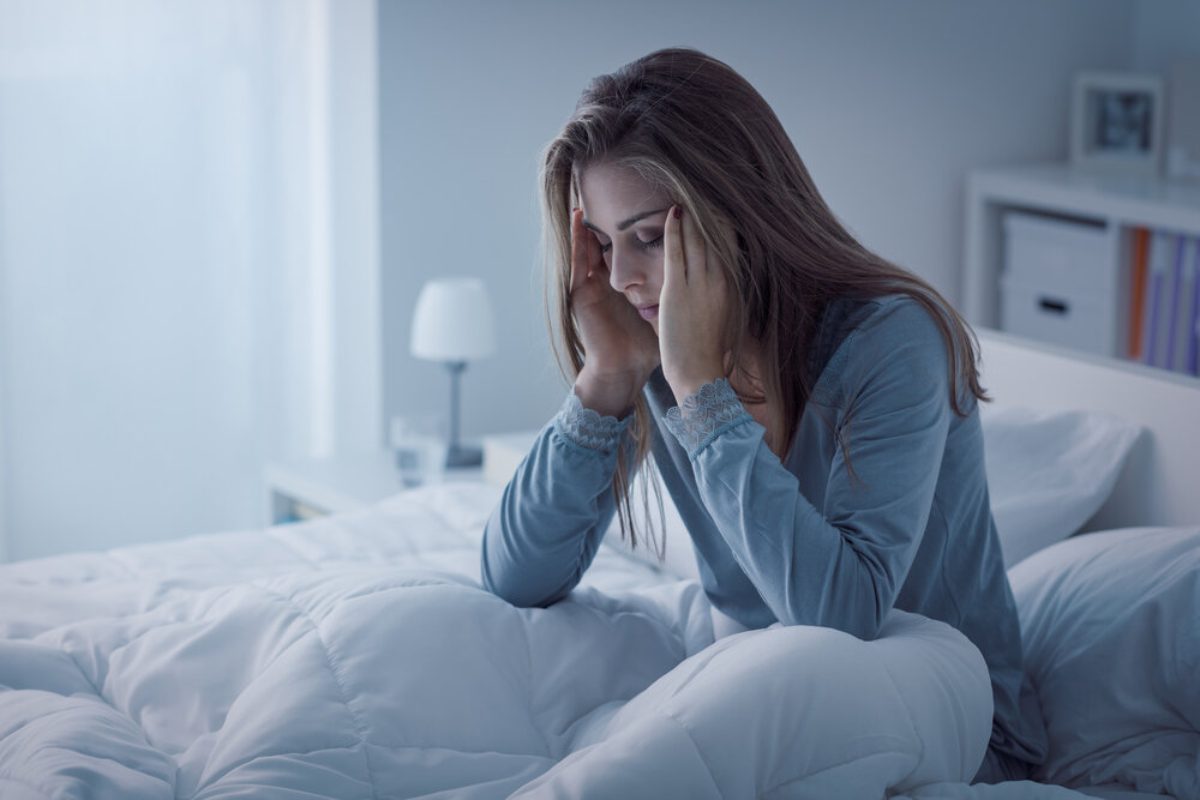

According to recent medical findings, about 70 million Americans suffer from some form of sleeping disorder. Insomnia is one common sleep disorder affecting more and more people these days.
About 30% of adults experience short-term insomnia because of lifestyle choices, while 10% suffer from chronic insomnia due to a lasting onset of sleeping difficulty. Insomnia is a treatable condition with the help of a sleeping specialist who can recommend the appropriate lifestyle change and therapeutic element.
Somly CBTI is an agile process that allows a person to find normalcy and prevent the recurrence of the sleeping disorder. CBTI is an offshoot of cognitive behavioral therapy focusing on the sleeping disorder and its corrective treatment procedure.
Table of Contents
Cognitive Behavior Therapy is a short-term treatment process used by health counselors and psychotherapists to help people reverse destructive behavior. The treatment element is highly effective in the treatment of many disorders, including insomnia.
CBTI or Cognitive Behavior Therapy for Insomnia, is a powerful psychotherapeutic treatment that allows you to develop healthier habits to promote a better sleeping pattern. It involves intense sessions of conversation to uncover underlying issues affecting your sleep.
Additionally, CBTI involves numerous processes that allow a sleep specialist to formulate an effective protocol you need to follow. It includes several activities that will easily put you to sleep like relaxation exercises and low-impact stretching.
Stimulus control is an effective process of reducing anxieties and conditioning your mind to release all arousing thoughts. This process of CBTI removes the main culprit affecting your sleeping habits or making it hard for you to get a good night’s rest.
This technique also helps you re-familiarize yourself with your bed’s purpose – sleeping and finding quality time with your loved ones. A sleeping specialist will teach you the value of going to bed without doing all the extracurricular activities you have gotten used to, like watching television or reading a book.
The purpose of going through and learning this technique is to recondition your body and recognize the immediate effects of sleepiness. By learning stimulus control, you will fall asleep faster over time and lessen the anxieties brought by overthinking.
Biofeedback is an effective process of controlling some of your body’s functions, particularly your heart rate. To get a good night’s sleep, you must be between forty to a hundred beats per minute, which is the person’s normal bpm. It is often dependent on many factors, including your temperature, elevation, and hydration level.
Somly CBTI incorporates biofeedback into its therapies so you can control all the factors affecting quality sleep. It allows you to be receptive to your body and understand the indicators contributing to quality slumber.
On top of that, getting a full understanding of the power of relaxation before going to sleep is one critical aspect of lessening your condition’s symptoms. Relaxation training is an essential primary to gaining sleep, keeping your body and mind at a transfixed state of stupor.
Sleep restriction is an effective method of limiting the amounts of time you stay in bed each night. If you only have five hours of quality sleep at night but stay in bed for up to seven hours, you spend the first two hours tossing around. In most instances, to fall asleep, people do things like go over the phones or watch television.
By limiting your time in bed, you are fine-tuning your body to become familiar with your body clock. Falling asleep faster will allow you to create a stable sleeping pattern and limit other activities before bed.
Those times in between can be devoted to biofeedback and relaxation, contributing to a sound and quality bedtime rest period. The goal of sleep restriction is to attain a state of tiredness where you need to shut your eyes without decreasing sleep quality.
Sleep deprivation contributes to a lot of mental and physical diseases. By focusing on quality sleep and learning how to achieve that level to close your eyes and get some rest, you lessen your insomnia symptoms.
CBTI is an effective talk therapy that reinforces behavioral shifts through a cause and effect psychotherapy session. The therapeutic technique forces you to change your negative thoughts and act on the challenges that hinder you from getting a sound sleep every night.
In the relentless pursuit of entrepreneurial success, it’s easy to overlook the most vital asset—yourself.… Read More
A barrel sauna isn’t just a visually striking wellness addition—it’s an efficient and highly functional… Read More
Technology is an integral part of most teenagers' lives today. While devices and social media… Read More
LASIK is one of the most popular vision correction surgeries that offers you freedom from… Read More
Plumbing issues can arise unexpectedly, and understanding the costs involved is crucial for homeowners and… Read More
Skin aging is often associated with external factors like sun exposure and pollution, but inflammation… Read More